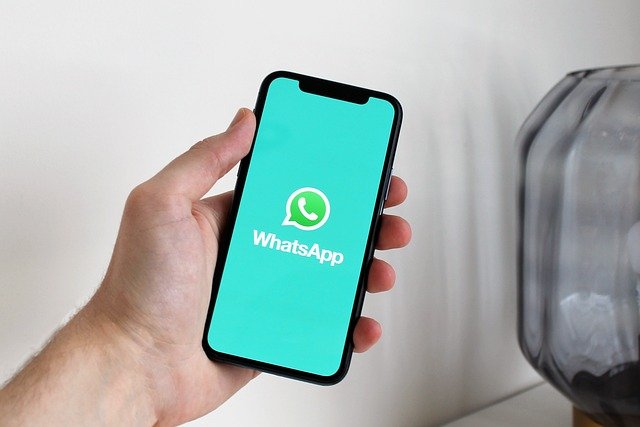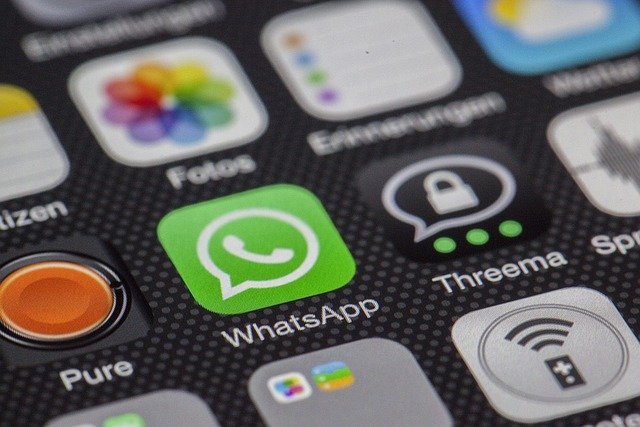Recognizing a Hacked WhatsApp Account
In today’s digital age, the security of our online accounts has become more critical than ever. If you suspect that your WhatsApp account has been hacked, it’s essential to act quickly. Signs of a compromised account include unexpected messages sent from your profile, unusual login alerts, or your contacts mentioning suspicious conversations. Awareness is the first step toward recovery.
Immediate Steps to Take
If your WhatsApp account gets hacked, it’s crucial to act quickly to regain control and minimize damage. Follow these steps to secure your account and protect your data:
1. Log Out and Reverify Your Account
- Open WhatsApp on your phone and enter your phone number.
- WhatsApp will send a 6-digit verification code via SMS. Enter this code to log in again.
- Once you log in, the hacker will be logged out automatically, as WhatsApp only allows one active session per account.
2. Enable Two-Step Verification
- Go to Settings > Account > Two-Step Verification and enable it.
- Set a PIN code to add an extra layer of security to your account.
- This prevents anyone from accessing your account without your PIN, even if they have your verification code.
3. Alert Your Contacts
- Inform your friends, family, and groups that your account was hacked.
- Warn them not to respond to suspicious messages or click on any links sent from your account during the compromise.
4. Check for Linked Devices
- If you suspect someone accessed your WhatsApp Web, check for unauthorized sessions:
- Go to Settings > Linked Devices and log out of any unfamiliar devices.
- Always log out from WhatsApp Web after use, especially on shared or public computers.
5. Report to WhatsApp Support
- If you cannot log in or recover your account, email WhatsApp support:
- Email: support@whatsapp.com
- In the email, provide your phone number (with the country code) and explain the situation.
- Alternatively, use the in-app help center to contact support.
6. Check for Malware or Spyware
- If your device has been compromised, hackers may have installed malware or spyware:
- Run a scan using antivirus or anti-malware software.
- Look for suspicious apps or permissions and uninstall anything unfamiliar.
7. Review App Permissions
- Go to your device settings and check WhatsApp permissions:
- Ensure only necessary permissions (e.g., access to contacts and camera) are enabled.
- Revoke unnecessary access that could compromise your privacy.
8. Protect Your SIM Card
- If the hacker accessed your account using your phone number, they may have cloned your SIM card:
- Contact your mobile service provider to check for SIM cloning.
- Request a new SIM card if needed.
- Enable SIM lock on your phone for additional security.
9. Monitor Your Social Media and Financial Accounts
- If the hacker used your WhatsApp account to access linked services, such as banking apps or social media accounts, check for unauthorized activity.
- Update passwords for other critical accounts as a precaution.
10. Stay Vigilant
- Be cautious of phishing messages and avoid sharing OTPs (One-Time Passwords) or verification codes with anyone.
- Use a strong and unique PIN for WhatsApp two-step verification.
- Avoid clicking on suspicious links, even if they appear to come from trusted contacts.
Signs Your WhatsApp Account Has Been Hacked
- You cannot log in to your account.
- Contacts report receiving suspicious messages from you.
- Unauthorized sessions appear in Linked Devices.
- Your profile picture or status is changed without your consent.
Conclusion
Acting quickly and implementing the steps above can help you regain control of your WhatsApp account and minimize potential risks. Enable security features like two-step verification and stay vigilant to prevent future hacks.

